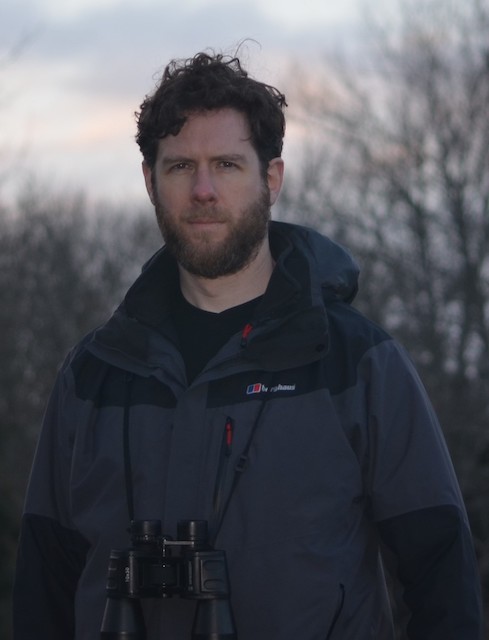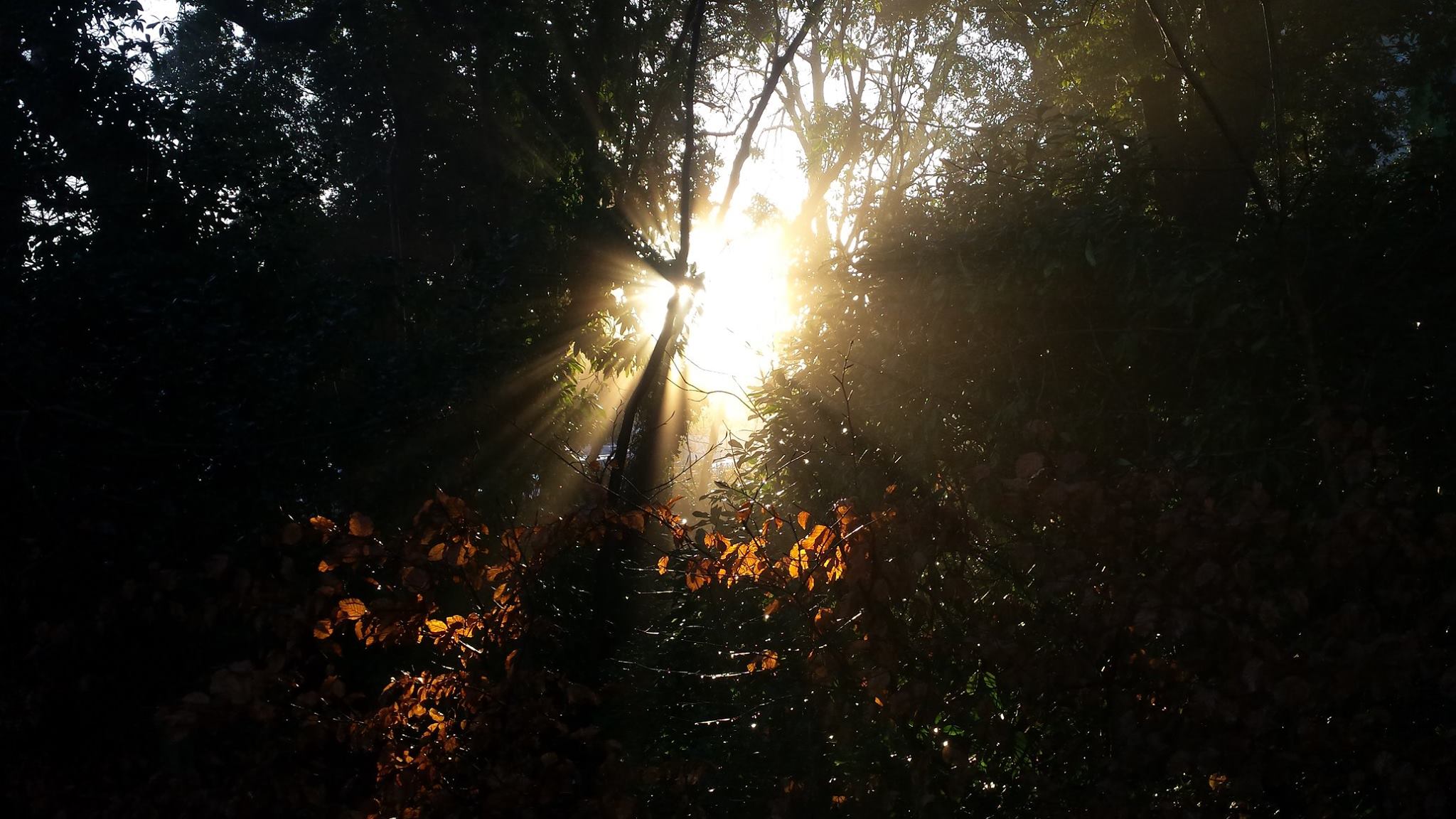People working in healthcare, regardless of their training or profession, are often motivated in part by a fascination with complexity. This may be expressed through ‘holism’ whereby one paradigm or model claims to have a unique value in understanding the myriad connections underpinning a health issue, or through a more empirically and philosophically grounded perspective such as the biopsychosocial and enactive models of health, pain, and disease. It could be argued that ecologists and environmental scientists share similar motivations. Their study of the biosphere reveals a phenomenon whereby sunlight and rock have somehow forged millions of species, whose subsequent interactions create an emergent entity upon which we are all dependent.
The close analysis of how energy flows through ecosystems opens the mind to limitless interconnections and the circular nature of life and death. So at a time when the very structure of this complex biosphere is under threat from anthropogenic climate change and biodiversity collapse, the lack of engagement by many fields of healthcare has been strange and alienating. The environment is the definitive context in which all human health and illness takes place.
Participating in the Environmental Physiotherapy Festival 2023 resolved a tension I had been feeling about this for some time and gave me one of the most valuable gifts – hope. Amidst numerous events discussing topics as varied as environmental impacts on health, the carbon footprint of global healthcare, climate emergency lobbying, and opportunities to explore the knowledge of a diverse group of clinicians, students, activists, and researchers, a genuinely holistic movement seemed to be initiating.

Rochard Doran-Sherlock (BA (Mod), M.Osteo)
Osteopath @ richardosteo.ie
Richard Doran-Sherlock is an osteopath based in Dublin, Ireland. Before working in healthcare, Richard qualified in Natural Science and worked in the environmental sector, and has collaborated with nature restoration groups on developing health-based initiatives.
I was lucky to be able to contribute by hosting a talk about a review on Shinrin Yoku (Forest bathing) which I had published with Payal Sood and Simon Devitt earlier in 2023. Nature therapies, such as Shinrin Yoku, are a relatively novel framing for a widespread idea amongst our species. The belief that specific nature-rich spaces can have a profound effect on suffering is something that has been formally or informally ritualized in almost every culture on the planet. These ideas permeate myth, legend, religion, and modern social movements. Nature therapies offer an opportunity for clinicians and communities to potentially support people to engage with the natural world in ways that enhance their emotional and physical well-being, but any claims about this approach must be based on good evidence.

The discussion was an opportunity to explore not just the findings and limitations of the research, but some of the broader issues with nature therapy literature. How we balance the potential health benefits of engaging with the natural world with the stresses already placed on fragmented ecosystems is not a trivial question, and it’s essential that people working in this space are familiar with issues of environmental justice and access inequalities.
In participating, I was grateful for the welcome which the EPA gave me, the sincere engagement of the attendees, and the fascinating speakers throughout the festival. For those reading who did not attend the festival, it’s worth stressing that I am an osteopath. The burgeoning field of environmental physiotherapy is not an exclusive or hierarchical one, it is a call to action for anyone who cares and is working within the intersection of human and planetary health. I encourage you to get involved. All our knowledge, skills, and humanity are needed.
Full publication:
Doran-Sherlock, R., Devitt, S., & Sood, P. (2023). An integrative review of the evidence for Shinrin-Yoku (Forest Bathing) in the management of depression and its potential clinical application in evidence-based osteopathy. Journal of Bodywork and Movement Therapies., 35, 244–255. https://doi.org/10.1016/j.jbmt.2023.04.038


Dear Sir , In India Context if you look at the historic world of evolution of Mythology there is a vast description of the forest bathing that had been deeply seated in the inner and out engagements with the higher self. Thanks for putting up this context so well to the scientific world.